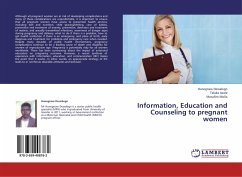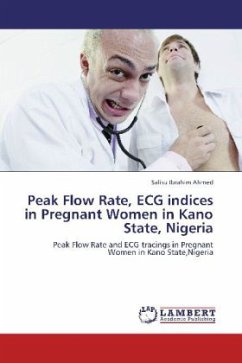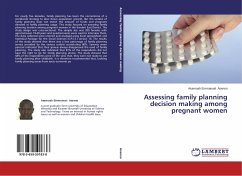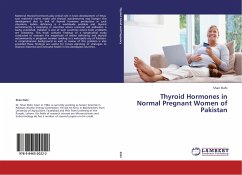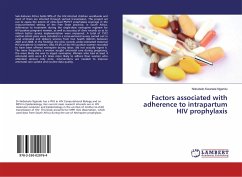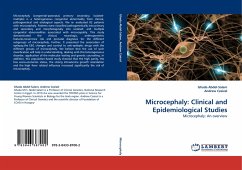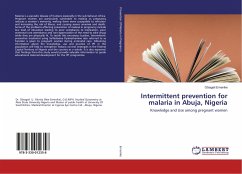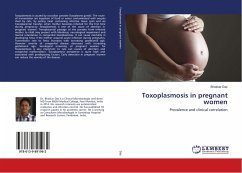
Toxoplasmosis in pregnant women
Prevalence and clinical correlation
Versandkostenfrei!
Versandfertig in 6-10 Tagen
47,99 €
inkl. MwSt.

PAYBACK Punkte
24 °P sammeln!
Toxoplasmosis is caused by coccidian parasite Toxoplasma gondii. The route of transmission are ingestion of food or water contaminated with oocysts shed by cats, by eating meat containing infective tissue cysts and via transplacental transfer, when mother becomes infected for the first time during pregnancy. Toxoplasmosis is one of the cause of abortion in pregnant women. Transplacental passage of the parasite from infected mother to child may present with blindness, neurological impairment and mental retardation in congenital toxoplasmosis. It can cause mortality in developing fetus if the mo...
Toxoplasmosis is caused by coccidian parasite Toxoplasma gondii. The route of transmission are ingestion of food or water contaminated with oocysts shed by cats, by eating meat containing infective tissue cysts and via transplacental transfer, when mother becomes infected for the first time during pregnancy. Toxoplasmosis is one of the cause of abortion in pregnant women. Transplacental passage of the parasite from infected mother to child may present with blindness, neurological impairment and mental retardation in congenital toxoplasmosis. It can cause mortality in developing fetus if the mother acquires acute infection during pregnancy. Transmission rate to fetus increases with increasing gestational age. However severity of congenital disease decreases with increasing gestational age. Serological screening of pregnant women for Toxoplasmosis is very important to rule out causes of abortion and congenital malformation. Toxoplasmosis prevalence is quite high and associated withpredisposing factors. Early detection in pregnant women can reduce the severity of the disease.






